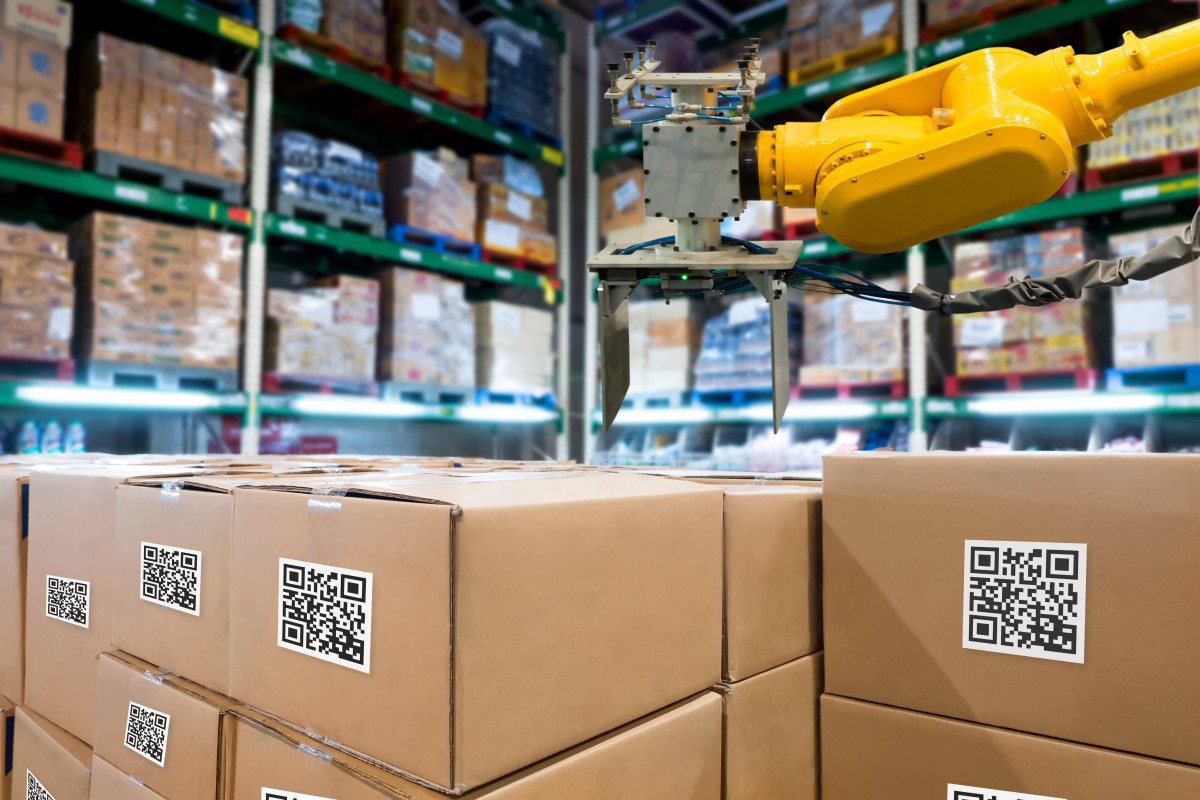The digital transformation in logistics is still in its infancy for most companies in Europe, with just under a third (29%) in the UK starting to implement a corresponding strategy. This is the result of a survey of 1,700 corporate decision-makers in ten European countries, which was conducted by the market research institute YouGov on behalf of the Handelsblatt Research Institute and TeamViewer.
On the other hand, despite the early stage of implementation in their own business, the corporate decision-makers surveyed already have a clear vision of which future technologies and digital megatrends will significantly shape logistics. A large proportion expect cloud services (66%), the Internet of Things (50%) and Big Data (44%) to play a greater role in logistics in the future. Many of those surveyed also see potential for virtual, augmented, and mixed reality (29%) and wearables such as smart glasses (29%) to be used in logistics.
The UK participants of the survey expect a variety of benefits from the digital transformation: increased efficiency (78%), more flexibility (73%), and greater environmental sustainability (71%), and cost reductions (71%) are among the most frequently mentioned benefits. Improvement of quality or service level (70%) and higher security supply chain (70%) were also popular benefits with higher employee satisfaction (59%) cited as the least mentioned benefit.
Focus on smart logistics with IoT and AR
The study also pays particular attention to the use of the Internet of Things (IoT) and augmented reality (AR) solutions in logistics. According to the research, a large proportion of the UK corporate decision-makers surveyed see potential applications for solutions based on IoT (47%) and AR (36%) within their own companies.
When it comes to the possible applications for IoT in corporate logistics, over half of the UK decision-makers surveyed (58%) named the tracking of warehouse inventories as a popular application. Other important areas of application include automated tracking vehicles or goods deliveries (44%) and ordering processes in a warehouse management system (36%). In contrast, just under a quarter currently see possible applications for IoT within their own company in connection with the use of autonomous vehicles (24%) and robots (22%).
For the use of AR in logistics, the UK respondents see potential primarily in the training and integration of workers (40%), remote support for location-independent expert assistance (31%), and in completing checks (29%). Other potential applications include in the improvement of picking quality (23%) and efficiency through pick-vision (23%).
Suspected challenges, especially in technology
One part of the survey was about the expected problems on the way to the digital transformation in the logistics sector. According to the UK survey, a lack of priority management (27%) and challenges due to existing legacy systems (27%) were seen as the biggest challenges. This was followed the time and money required to implement the necessary technologies (26%), IT security concerns (22%), and too few human resources (17%). The lack of acceptance among employees (7%) was perceived as the smallest problem for the digital transformation in logistics.
Jan Junker, Executive Vice President of Solution Delivery at TeamViewer, said: "The study shows that the majority of corporate decision-makers have already thought about how to make their logistics fit for the digital future. On the other hand, there is plenty of room for improvement when it comes to implementation. At many of our customers, we can currently observe that the intelligent interaction of augmented reality and the Internet of Things in particular offers enormous potential for more efficient logistics. "




